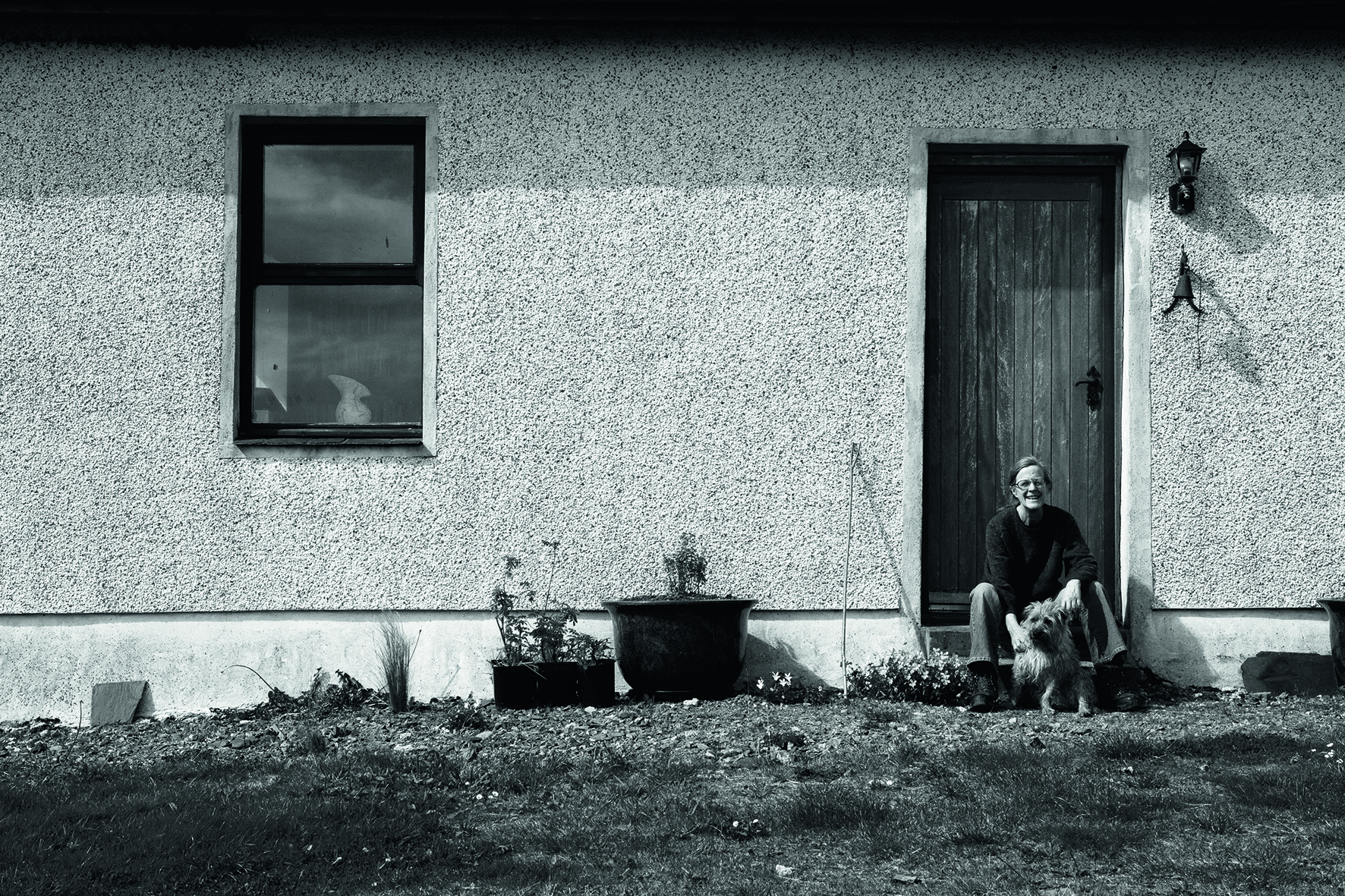These days, we live our lives with an extraordinary level of attention to time – to precise, minute by minute, internationally agreed time. Almost every nation accepts that there will be 24 hours in every day, 60 minutes in every hour and 60 seconds in every minute. That there will be a series of International Time Zones. That planes will land ‘on time.’
This idea has become so established that many people believe it is somehow ‘natural’ and inevitable, though in reality it is artificial and modern. The Romans, after all, ran a vast, efficient Empire on a completely different system: they divided the day into 12 hours too, from dawn to nightfall, but the length of the hours varied to meet local conditions – a summer hour on Hadrian’s Wall was a good deal longer than an hour on the same day in Alexandria.
You do not need very accurate time until people travel often and fast: until that point, ‘local time’ works perfectly well. But even in a small country like Britain, there is a considerable difference in local time both east to west (15 minutes between sunrise in Greenwich and Penzance) and north to south (in mid-winter, the sun is up for five hours 40 minutes in the Shetlands, but for eight full hours in Exeter). ‘Local time’ stopped working when the railway network developed – you really do need to know exactly what time the train is going to arrive – and depart.
Time frame
Once people realised that time was open to human management, we started wanting to improve on nature. Daylight Saving Time (changing the clocks seasonally) was first proposed by Benjamin Franklin in 1784, though the idea did not gain much traction for over a century. In 1907, William Willett published The Waste of Daylight. Willett was a keen horseman and his main argument was that shifting the clocks would create more outdoor leisure time through summer evenings. Why he did not advocate getting up earlier is unclear.
In 1915, Germany adopted Daylight Saving Time and, apparently nervous that this might give the enemy some advantage, the UK followed suit within a matter of weeks. Over the next decade, most non-Equatorial and tropical countries adopted the system.
But a century of practice has not ended the controversy. We have arrived at a point where a very large number of people do not like what we have got, but cannot agree on what might be better. During the Second World War, Double Summer Time (two hours in advance of GMT) was introduced, but immediately after the war, the UK reverted to the older system. In 1968 we trialled the idea of ‘permanent summer time’ (an hour in advance of GMT all year round) but this was abandoned after only three years. In 2012, a private members’ bill to create permanent summer time failed to pass the House of Commons. But the idea does not go away.
Personally I like the clock change – it marks the year and emphasises the different seasons. But I am a natural early riser, I work from home with control over my own hours and I live in Scotland: the further north you live, the more likely you are to reject permanent summer time – sunrise at 10am would mean, for instance, children going to school in the winter dark and the agricultural day being further shortened. I know lots of people who hate it though – especially southern office workers.
I doubt there is any true compromise here while we are all so obsessed by time itself.
Sara Maitland is a writer who lives in Dumfries and Galloway. Her works include A Book of Silence and Gossip from the Forest.
